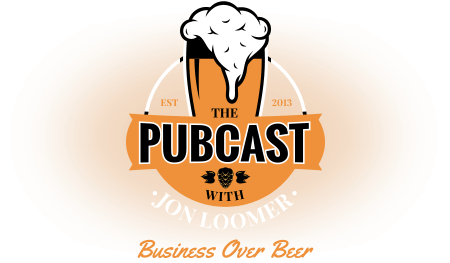Facebook has announced that videos using “watchbait” will be penalized and receive less news feed distribution.
What is watchbait? Why am I skeptical?
Let’s discuss…
What is Watchbait?
“Watchbait” is a made-up word to describe shady tactics used by marketers to game the news feed algorithm — and user engagement — with videos. It’s a way to get people to watch your videos by withholding information, sensationalizing, and misleading the user.
1. Withholding: Video posts can’t omit key information to create a curiosity gap that encourages people to watch the entire video. Example: “His reaction was priceless!” What was his reaction? That information is withheld and you’re forced to watch to find out.
2. Sensationalizing: Video posts can’t exaggerate or use extreme language. Example: “Shocking weather phenomenon could explode your plans!!” The actual forecast is exaggerated, but you won’t know that until you watch the video.
3. Misleading: Video posts can’t mislead the viewer about what actually happens in the video. So, the text or early parts of the video could make it seem like a specific thing will happen that never does.
These rules apply not only to the video content itself, but also the text, thumbnail, and headline.
What About Ads?
These rules presumably impact ads, at least in some way. Facebook ad policies don’t specifically call out watchbait, but there are references to sensational content, misinformation, deceitful practices, and misleading claims.
Even if your ad isn’t rejected due to ad policies, these new rules could impact distribution. Sure, you may be able to pay to promote that misleading video. But you may not get the performance you once did.
At a minimum, you’d assume that it will be more difficult to make the video go viral since you won’t (or shouldn’t) make the same organic impact as you once did.
Will This Matter?
I’m skeptical about whether this new rule will have any teeth. Why?
Back in August of 2014, Facebook updated the algorithm to punish clickbait. Supposedly, of course. I’ve seen reports of the algorithm changing in 2016, 2017, 2018, and I swear within the past year to downrank clickbait.
And guess what? I still see clickbait. Even posts recommended by Facebook. So many posts with links that omit information, requiring you to click to learn more.
Oh, and Facebook supposedly already downranked video clickbait in August of 2017!
Bottom line: Why is this so hard?
Whether it’s watchbait, clickbait, or the numerous other examples of garbage content that pollute our news feed, Facebook (or Meta) really struggles to control it. And as long as there remains a benefit to creating this kind of content — and Facebook can’t properly police it — it’s going to keep on happening.
Your Turn
How do you think this update will impact the news feed and ads — if at all?
Let me know in the comments below!






